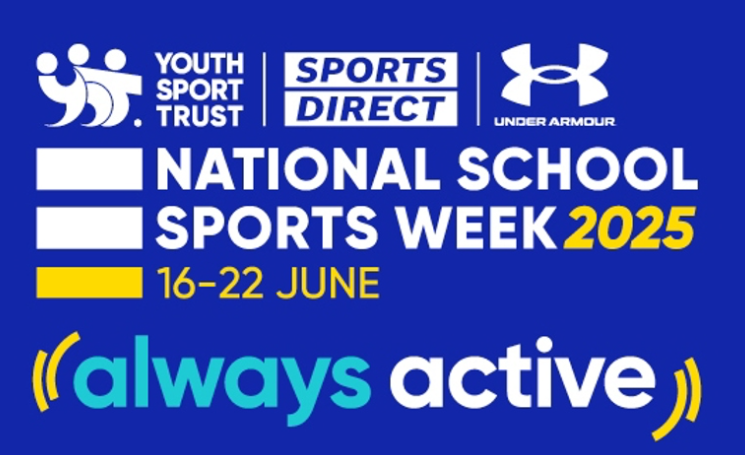The Youth Sport Trust is marking its 30th anniversary with an extraordinary National Sports Week, championing 60 minutes of sport, PE, or play every day or if able, 20 minutes for young people with a disability or SEND where 60 minutes may not be feasible. As excitement builds for this landmark celebration, ensuring the safety and enjoyment of every participant is more important than ever. With the right planning and preparation, your event can be a highlight of the year.
Key Tips and Safety Measures
Pre-Planning & Preparation
- Inclement weather: Planning a backup date in case the weather is too hot or too wet will make all the difference in enjoyment. Sun Protection Guidance details the importance of staying in the shade on hot days between 11am and 3pm.
- Medical Considerations: Identify any allergies or medical conditions among participants and ensure staff are trained in first aid. See First Aid Guidance for more information.
- Playing surfaces: Inspect surface for hazards and ensure all equipment is safe and properly maintained, especially if it hasn’t been used in a while.
- Communication: Share vital medical information with staff and promote the event to parents.
On-the-Day
- Hydration: Encourage participants to stay hydrated by offering regular drinks and breaks.
- Sun Protection: Ensure participants have access to shade to avoid sun exposure for prolonged periods. Hats and appropriate clothing can help avoid sunburn. Sun cream should be considered the last defence against sun burn. Refer to the Sun Protection Guidance to help make the day a success.
- Heat Exhaustion: Be vigilant for signs of heat exhaustion, such as dizziness, nausea, and headache. Move participants into the shade if necessary.
- Warm-Up & Cool-Down: Encourage participants to warm up before activities and cool down afterwards.
- Supervision: Ensure staff are trained supervising all activities.
- First Aid: Have a fully stocked first aid kit and readily trained staff who know your expecting them to provide support. This will not replace the requirement to have a suitable a sufficient Risk Assessment in place to avoid injuries altogether.
- Clear Signage: Use clear signage to indicate safe zones and areas to avoid.
Don’t forget activities such as cross-country races or sports activities hosted by neighbouring schools are classed as external visits and trips. Your school’s Off site visits and activities policy should include details of how these events are planned and organised. Our External Visit Coordinator (EVC) training course covers the policy, planning, permission forms and more! The next course dates are:
External Visits Coordinator Refresher 4th July virtual
External Visits Coordinator | Somerset Council | Training Portal 25th September face to face

